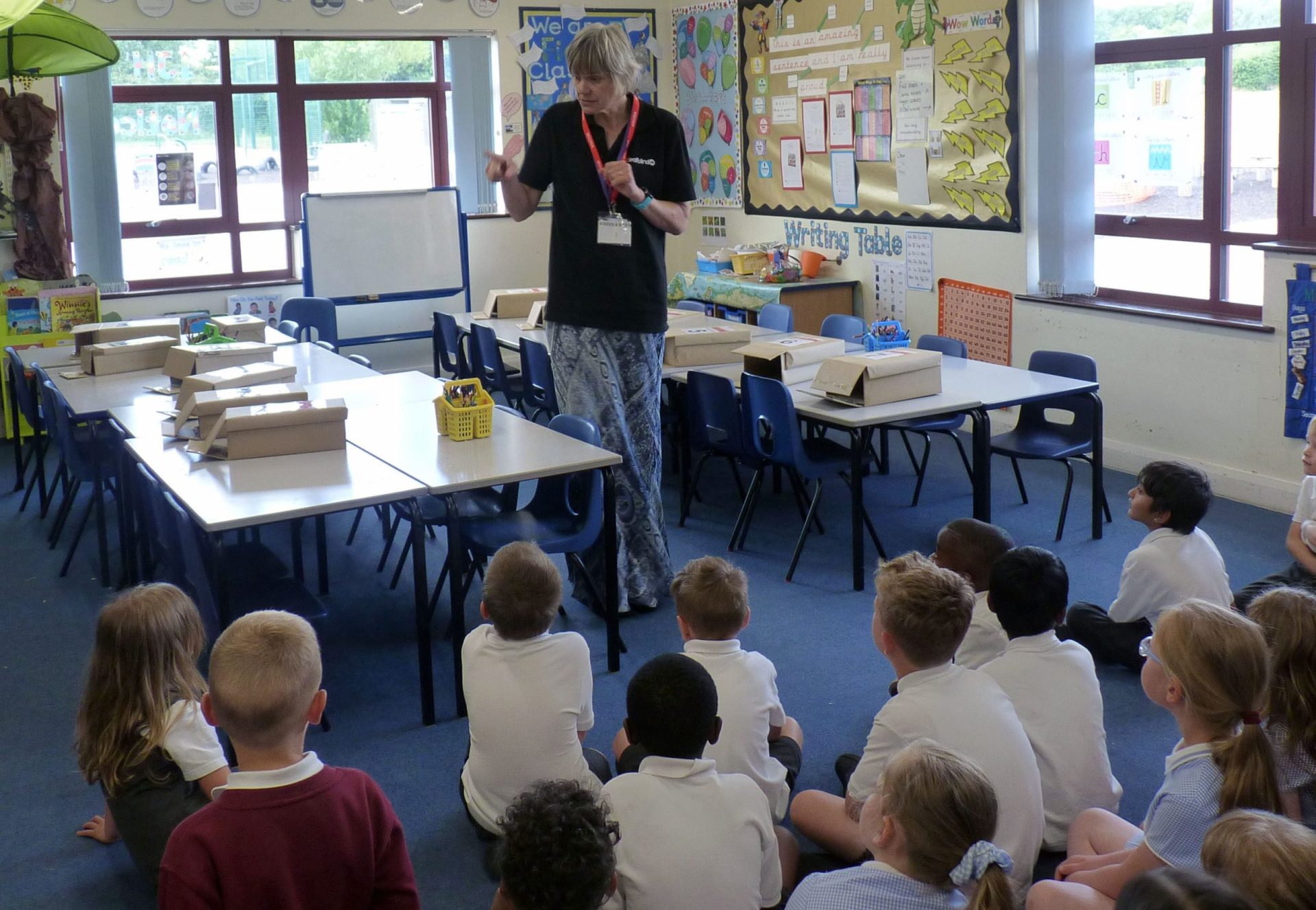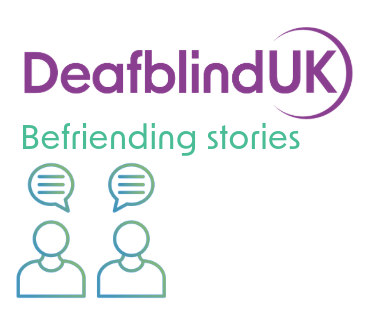Join us to #EmbraceEquity

You can embrace equity by making the world a more inclusive place for people with low vision and hearing loss.
We invite you to imagine a world that’s diverse, equitable, and inclusive. You can make the world a fairer place for people who are deafblind by:
- Learning about deafblindness
- Being open to new ways of communicating
- Becoming deafblind aware at work.
Here are some easy ways you can start making a difference!
How is equity different to equality?
Equity is when we recognise that not everyone starts from the same place in life and acknowledging how important it is to make adjustments. Adjustments help create a fairer starting point for everyone and depend on the individual.
It’s different to equality, which means giving the same to everyone.
People who are deafblind can do the same as others, but they might need a bit of support or take longer to do some things. An example of equity in real life could be if a student who is deafblind gets additional time on a written exam paper than students who are sighted/hearing. The student needs longer because they have an interpreter who records their responses, and communicating with them takes longer than writing.
What is deafblindness?
Deafblindness is a combination of sight and hearing loss. It comes on a huge spectrum, and every case is unique.
Someone who is deafblind might have some sight and hearing left, or may have more sight or hearing remaining. Living with deafblindness is about making the best use of the senses that are left.
There are over 450,000 people who are deafblind in the UK – a number that’s only set to rise. Some people lose their sight and hearing as they get older, because of an illness or they might be born with it. Children can be born deaf and/or blind due to a genetic condition, or because something traumatic happened during or shortly after their birth.
Deafblindness can have a huge impact on someone’s mental health, emotions, relationships, and social life. It can be overwhelming, so it’s important that people living with deafblindness can get accessible mental health support if they want it. This is different for everyone, and we offer a range of options such as free counselling and Befriending, so nobody has to go through it alone.
You can help by learning the early signs of deafblindness or volunteering as a Befriender.
Learn how to communicate with someone who is deafblind
Talking with someone who has sight and hearing loss and including them in conversations is easy, and you can set yourself up for success by listening to them and being open to change.
People who are deafblind communicate in many ways: it depends on the person and the nature of their sensory loss. For example, someone who is born deaf but loses their sight later in life might learn British Sign Language (BSL) as a child and then use hands-on signing as their sight gets worse.
Read our guide to find out how to chat with someone who is deafblind.
How to be more deafblind aware at work
Since the pandemic, more of us are working from home than ever before – and that means virtual meetings! Are yours inclusive to people with low vision and hearing loss? Here are our top tips for best practice during your work calls:
- Remove clutter from the background
- Keep background noise to a minimum – we recommend keeping your microphone muted unless you are speaking
- Introduce yourself when you start speaking
- Keep calls to a maximum of 10 participants
- If you’re planning a long session, schedule breaks every 30 minutes.
Let’s keep in touch!
Join our mailing list and we will keep you up to date about our projects and opportunities to get involved with Deafblind UK.
More Articles

Ian’s fundraising ‘snookerthon’ in memory of his mum who was deafblind
Remember how we always talk about getting creative with fundraising and doing it your own way? Well, meet Ian Pettey,…

School Liaison Officer Carolyn tells us about Lesson in a Box
“Ensuring that all students have a positive experience of education is vital to ensuring that everyone becomes a valuable member…

